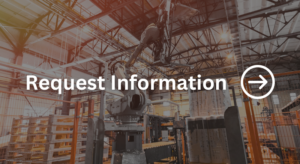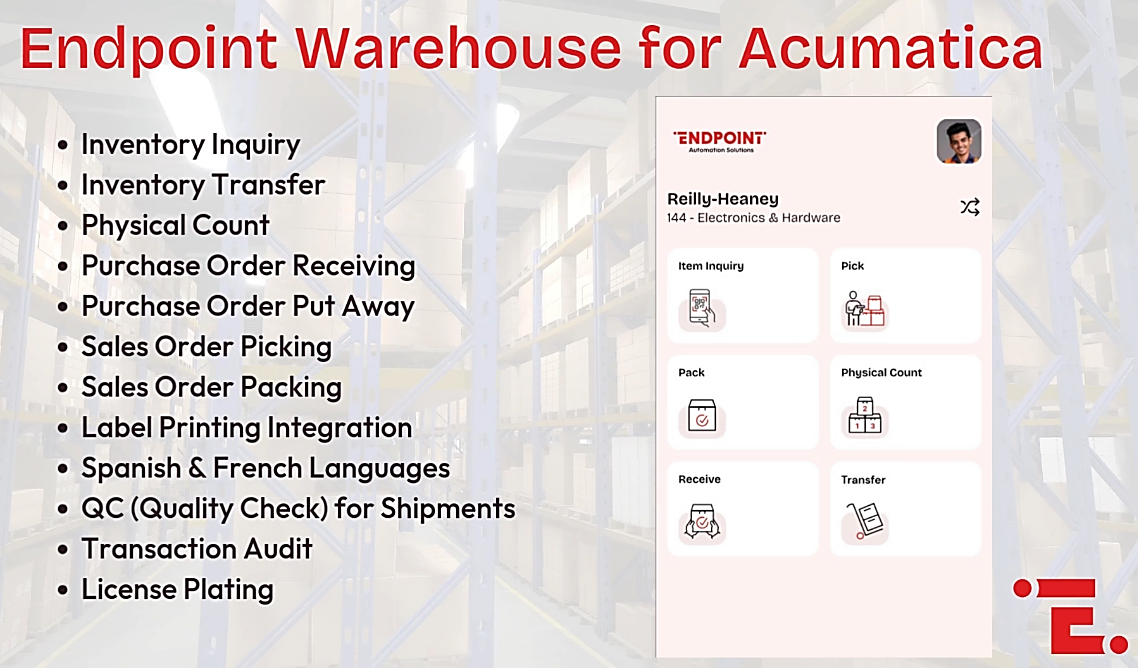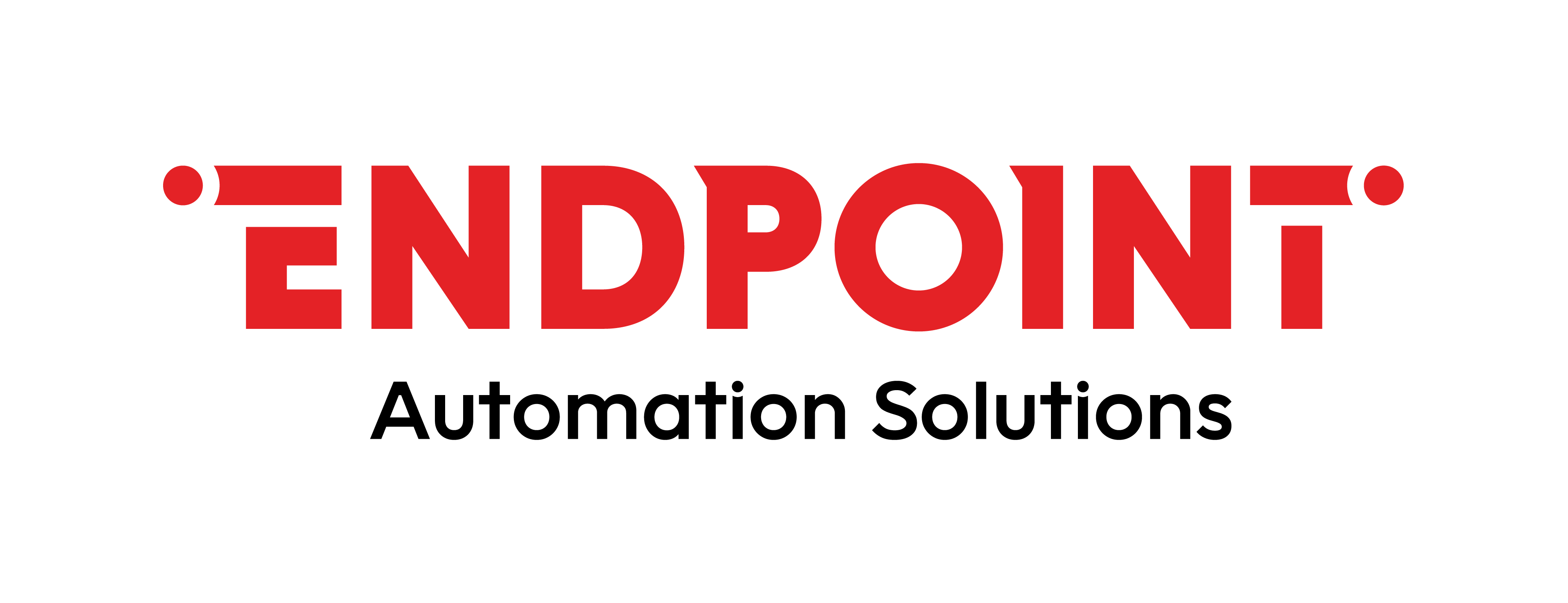March 5th 2025 10:26:27 AM
4 Supply Chain Risks and How to Deal with Them
July 19th 2022 11:00:00 AM

We’ve spent the last couple of years focused on Covid-19. Undoubtedly, the pandemic has been responsible for multiple issues in businesses of all sizes, including their supply chains. There are other supply chain risks that you may not have given as much attention to during the pandemic. You and your team still need to consider them carefully and take steps to mitigate them.
Supply Chain Risks and How to Handle Them
It would help immensely from a risk management point of view if you only had to deal with one at a time. Unfortunately, potential risks are all around, and you need to be aware of them to make the best possible decisions.
1. Supply Shortages
One of the first supply chain risks you probably think of is supply shortages. Suppose you cannot acquire stock or materials you need for your business. In that case, it can become a serious issue very quickly.
Western Digital Corp (WDC), a tech storage company, discovered that some materials had become contaminated at two of its facilities in Japan. The contamination is expected to result in a shortage of “at least 6.5 exabytes of flash storage.” One exabyte is equal to one billion gigabytes. Before the contamination, there was a global shortage of NAND flash storage, and pricing will likely increase.
NAND flash storage is used in memory cards and USB drives found in computers, PDAs, smartphones, medical electronics, scientific instruments, and industrial robotics.
Suggestions:
- Plan well in advance for seasonal items that you know will sell well. You may need to work with more than one supplier to meet your inventory needs.
- Draft contracts that the suppliers cannot de-commit to supplying your company if a more significant customer comes along.
2. Trade Wars and Economic Sanctions
The US and China have been involved in four years of trade tensions that have turned into a trade war and sanctions on Chinese tech companies. Under the Biden administration, both sides have advanced to holding in-person meetings to discuss their concerns.
The US supports a strong partnership between the European Union and the United Kingdom in the wake of Brexit. The country wishes to respect the distinct EU and UK markets while ensuring close trade relations with both.
Suggestions:
- Stay current about the latest political and economic changes and how they could potentially impact your supply chain.
- Consider the potential impact to your business of import delays. Evaluate alternate supply routes
3. Natural Disasters
Natural disasters include events like earthquakes, floods, hurricanes, and fires. The losses due to these events can add up to hundreds of billions of dollars.
Depending on where your suppliers are located, you may be left searching for new sources of raw materials or products to sell. Costs may be higher if your suppliers need to shut down or are affected by slow recovery times.
Suggestions:
- Develop a backup plan for ensuring you can access the products and materials your business needs following a natural disaster.
- Diversify your supplier network and assess alternate routes in case you cannot access inventory in your usual manner.
4. Poor Quality Control Measures
If you are a manufacturer, you will undoubtedly have your quality control measures in place. You need to ensure that each batch or run of your product meets your quality control standards before you determine whether you can release it. Do you examine the materials you are receiving from your suppliers before use?
Suggestions:
- Implement quality control measures for raw materials and inventory coming into your warehouse. It will pay off in more customer loyalty and higher profits for your business.
- When considering new suppliers, ask about the vigorousness of their quality control processes.
Mitigate Supply Chain Risks with Scanco Solutions
Operations Management for Sage 100 gives you the tools to get accurate costs for jobs quickly. You and your employees can break down the factors required for each job: materials, labor, and any subcontracted services. The prices displayed before you make accurate quotes much quicker and easier.
This software integrates with Sage 100. You always have access to your financial and operations data when making decisions for your business. Your warehouse team will not have to use pen and paper to track inventory, which means you will always know in real time how much you have in stock.
Choose the base modules you need:
- Data Collector: Import parts and labor transactions from any source and validate the same.
- Job Estimating/Quoting: Get accurate job cost estimates.
- Purchasing: Manage your purchasing process to minimize shortages.
- Sales Orders: Link your work orders and work tickets in a single order entry step.
- Work Tickets: Create your work tickets automatically.
The Manufacturing 100 module eliminates manual tasks by introducing mobile scanning. With this barcode data collection system, you can track materials, labor, status updates, timecards, and finished goods. When integrated with Operations Management, entries are integrated into your system in real-time. Manufacturing 100 is compatible with Android and iOS-enabled devices.
The Data Collector module eliminates manual data entry. This Module allows you to import data from a customer’s site, your shop floor, workstation, or handheld device.
The Sales Orders/Work Tickets module makes order entries simple by generating a work ticket directly from a sales order. The software converts an approved detailed quote to a sales order with one click. You can check the availability of your materials before release and attach relevant product documentation and procedures for each job.
If you aren’t sure which modules are suitable for your business, Scanco can help! Click on our handy Module Match online tool.
Discover more about Scanco Operations Management. Contact us online or call (330) 645-9959 to make an appointment with a Scanco Solutions Expert to take the next step today.













